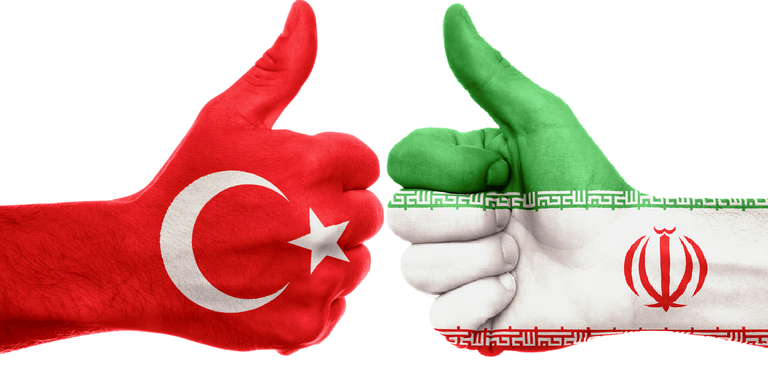Both the governments of Turkey and Iran are seeking to issue government-backed coded currency of
their own after Venezuela announced its Petro-encrypted currency on 20 feb.

Turkey and Iran plan to issue state-supported coded currencies
On February 21, one day after Petro was released, the Iranian Ministry of Information and Communications Technology
(ICT) said in a tweet that the Iranian Post Bank was working on a digital currency:
on February 22, two days after Petro's release, an article on Al-Monitor reported that the deputy head of the Turkish National Movement Party and former Industry Minister Ahmet Kenan Tanrikulu was publicly considering the release of a "national home" under the name Turkuin, A 22-page report on the regulation of the encrypted currency market.
tanrikulu's report came two weeks after an interview with Turkish CNN on February 7 with Turkish Deputy Prime Minister Mehmet Simse, saying the government would be preparing to issue a national encrypted currency.
In November, Iran's cyberspace, the High Council of Cyberspace (HCC), announced that it was working with the Central Bank of Iran on a report on encrypted currencies. Currencies in Iran.
The Turkish government had previously taken a tough stance on BTC and coded currencies in general when lawmakers in Diyanet said in November 2017 that the circulation of the coded currency
was incompatible with the teachings of Islam because of its speculative nature and not under government control.
However, Tanrikulu told Al-Monitor that due to the non-referral of currencies encoded in Turkish law,
buying and selling these currencies is legal in Turkey:
"The use of encoded currencies can be considered legal because our law does not refer to the prohibition [...] The sale and purchase of encrypted currency and make money through the mining of Bitquin is not within the framework of criminal activity in Turkey now"
Tanrikulu's report adds that Turkey is in dire need of regulating the coded currency to avoid money laundering and fraud, and that the establishment of the "PeteChoen Exchange" under the control of the government is one way to do so.
Some critics have suggested that Venezuela's Petro initiative is merely a way of evading the Western sanctions imposed on the country; Iran, for its part, is currently facing international sanctions.
It is noteworthy that Petro is not the first government-supported coded currency. The local government in Dubai issued emCash with state support in October 2017. Kazakhstan, Japan and Estonia also expressed the possibility of issuing a government-supported coded currency in the same year .


After Venezuela, more state backed currencies are coming up in many countries.